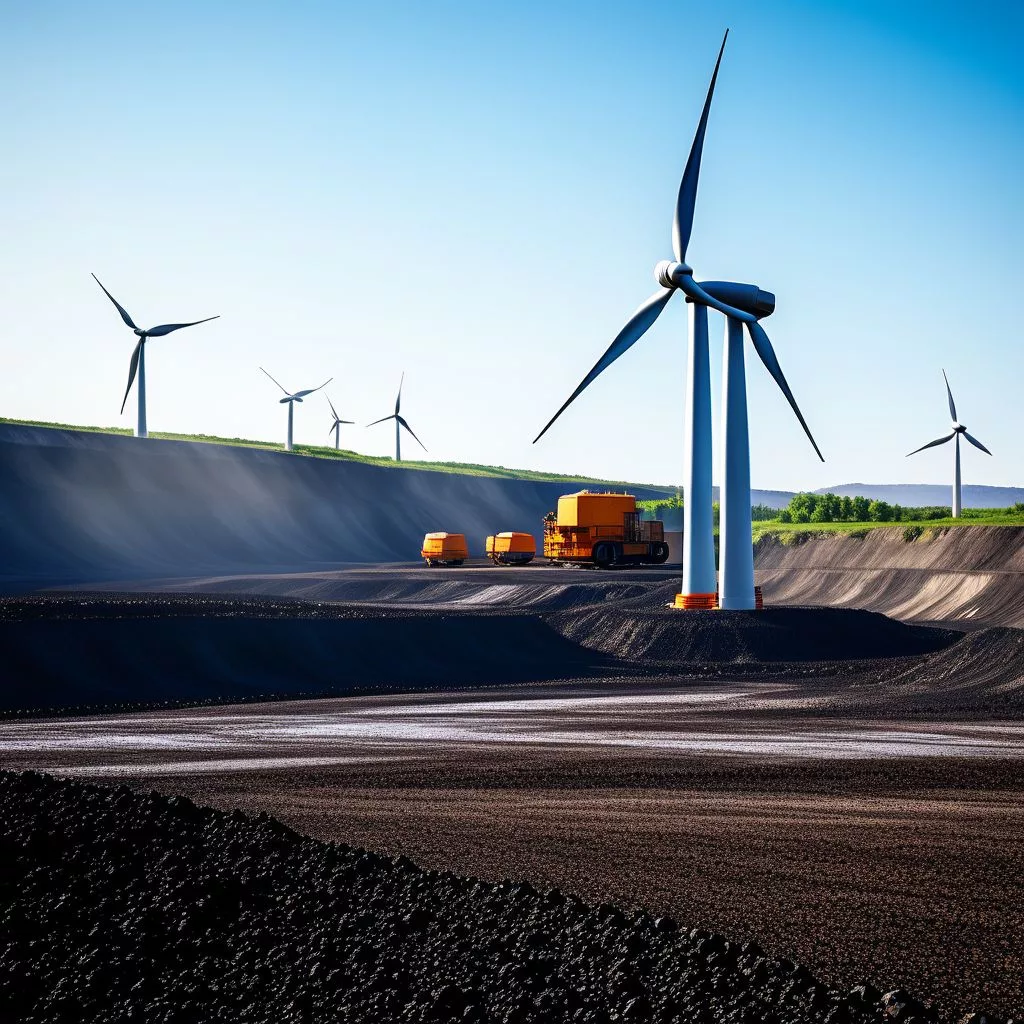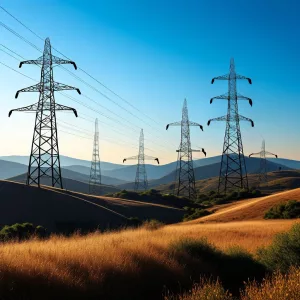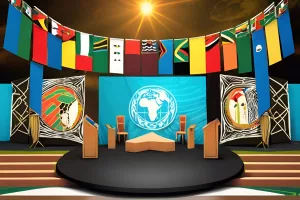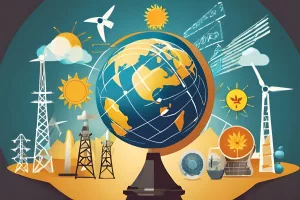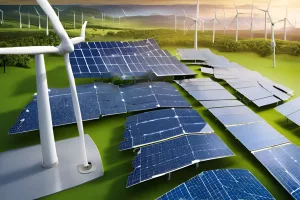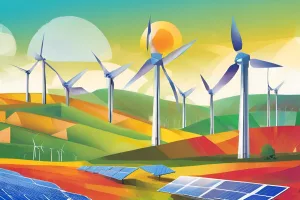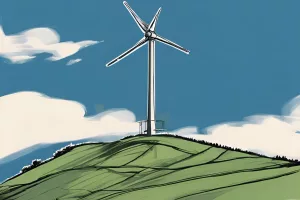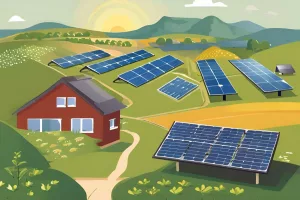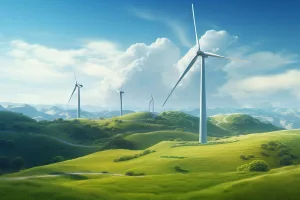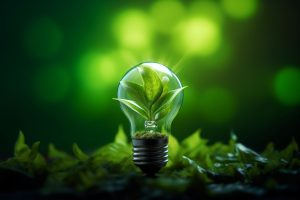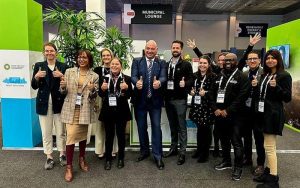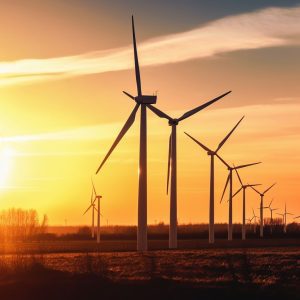South Africa is changing from coal to clean energy in a way that cares for its people and communities. Through special training centers and education programs, workers are learning new green skills like fixing solar panels and wind turbines. This big change aims to create good jobs, help regions hit hard by coal job losses, and include everyone especially women and young people. With teamwork between the government, businesses, and global partners, South Africa is building a fair, green future where no one is left behind.
Powering the Future: South Africa’s Bold Leap Toward Private-Led Transmission Expansion
South Africa is making a bold move by inviting private companies to help build and expand its electricity grid, aiming to fix old problems and bring in more clean energy. With a huge plan to add 14,000 kilometers of new power lines and a special fund to protect investors, the country wants to make power more reliable and green. This fresh approach will create jobs, open new markets, and connect sunny and windy places to cities hungry for clean energy. It’s not just about electricity it’s about building a brighter, fairer future for all South Africans.
Energizing Change: The South Africa-Germany Partnership for a Just Energy Transition
The South AfricaGermany partnership is a powerful effort to help South Africa move from coal toward clean, fair energy. With a €500 million loan, they are working to build better energy systems that protect the environment and create new jobs. This plan focuses not just on technology, but also on making sure communities and workers affected by change are supported. Together, they aim to build a future where energy is cleaner, growth is fair, and old inequalities are healed. It’s a hopeful story of two countries teaming up for a brighter, greener tomorrow.
Eskom, South Africa’s power giant, is facing tough times as it tries to recover from financial troubles and a huge municipal debt that could reach R100 billion. A recent meeting at Megawatt Park brought important leaders together to discuss ways to improve Eskom’s operations and fight corruption. Despite some progress, the company still struggles with old agreements that make it hard to manage costs, and it has a lot of unused coal piling up. As Eskom plans its future, it must balance its past with new energy needs, aiming for a brighter, more sustainable path ahead.
The AOW Conference painted a bright picture of Africa’s energy future, showcasing its huge potential through talks about safety, sustainability, and investment. Key ideas included the need for a mix of energy sources and new laws to boost growth. Minister Gwede Mantashe stressed that energy can drive progress, calling for teamwork to overcome challenges and seize opportunities. With exciting new discoveries and smart plans in the works, Africa is ready to power up and create a better future for everyone.
The 9th BRICS Energy Ministerial Meeting brought together leaders from Brazil, Russia, India, China, and South Africa to tackle big global energy issues. They talked about using different energy sources, like hydrogen and nuclear, and the need for countries to work together to be energy independent and environmentally friendly. With a focus on sharing technology and supporting each other’s growth, this meeting aimed to create a brighter and fairer energy future for everyone. The spirit of cooperation shown here is a powerful step toward sustainable energy for all.
A Pivotal Moment in Global Energy Policy: Insights from the 9th BRICS Energy Ministerial Meeting
At the 9th BRICS Energy Ministerial Meeting in Moscow, leaders focused on coming together for a brighter energy future. South Africa’s Dr. Kgosientsho Ramokgopa emphasized the need for unity and the importance of using a variety of energy sources to support growth and sustainability. He highlighted that expanding BRICS membership could help tackle energy poverty and promote fair energy transitions. With a shared vision and collaborative spirit, BRICS nations are poised to make significant strides in shaping global energy policies.
South Africa is committed to rejuvenating and enhancing their energy sector through sustainable energy projects and infrastructure development. They are learning from other BRICS nations and setting key initiatives such as restructuring Eskom, enhancing generation capacity, and advancing transmission infrastructure. South Africa is dedicated to a just energy transition and international collaboration to create a diverse, flexible, and sustainable energy landscape.
President Ramaphosa spoke at the JET Municipal Conference about the crucial role of South African municipalities in the country’s energy transition towards lowcarbon development. He emphasized the need to lessen reliance on carbonheavy energy production, diversify energy sources, and stimulate economic growth while fulfilling the country’s commitment to combat climate change. Municipalities were identified as key players in providing clean, affordable energy and facilitating decarbonization efforts. The speech also addressed challenges surrounding municipal debt owed to Eskom and the need for infrastructure upgrades and expansion.
South Africa is making significant progress in its energy transition, with a focus on addressing issues such as climate change, energy security, and energy poverty. The Integrated Resource Plan (IRP) outlines a diverse energy portfolio aimed at catering to the country’s escalating power demands while drastically cutting down carbon emissions. South Africa is making efforts to overcome obstacles, such as limited grid capacity, the inconsistent nature of renewable energy, and outdated infrastructure. The ultimate goal is to ensure that “we leave no one behind,” and South Africa’s experience can serve as an example for other African nations.
South Africa is leading a global drive towards a lowcarbon future through its participation in the Just Energy Transition, with international financial support from the World Bank, KfW, and AfDB. The loan agreements signify global recognition of South Africa’s energy transition strategy, reinforcing its commitment to a fair transition towards a durable, lowcarbon economy. These agreements also strengthen international partnerships and highlight the transformative potential of sustainable energy in creating jobs and curbing greenhouse gas emissions.
South African President Cyril Ramaphosa has emphasized the importance of a just energy transition in achieving a sustainable and equitable future. In a recent round table discussion during the Summit for a New Global Financing Pact, President Ramaphosa shared key lessons learned from South Africa’s journey towards a lowcarbon economy and highlighted the need for longterm partnerships tailored to each nation’s unique challenges.
Enlit Africa is a highly respected conference and exhibition that recently shone a light on Cape Town, highlighting the city’s focus on innovative energy solutions. Held from May 16th to 18th at the Cape Town International Convention Centre (CTICC), the event brought together a diverse group of stakeholders, including businesses, consultants, developers, and analysts representing various countries. Together, they worked towards contributing to Africa’s vision for a ‘Just Energy Transition’ and addressing South Africa’s energy crisis.
South African President, Cyril Ramaphosa, has recently addressed a number of critical issues affecting the country. These include energy generation, corruption within stateowned power company Eskom, South Africa’s Just Energy Transition Investment Plan, and the integrity of the financial system.

